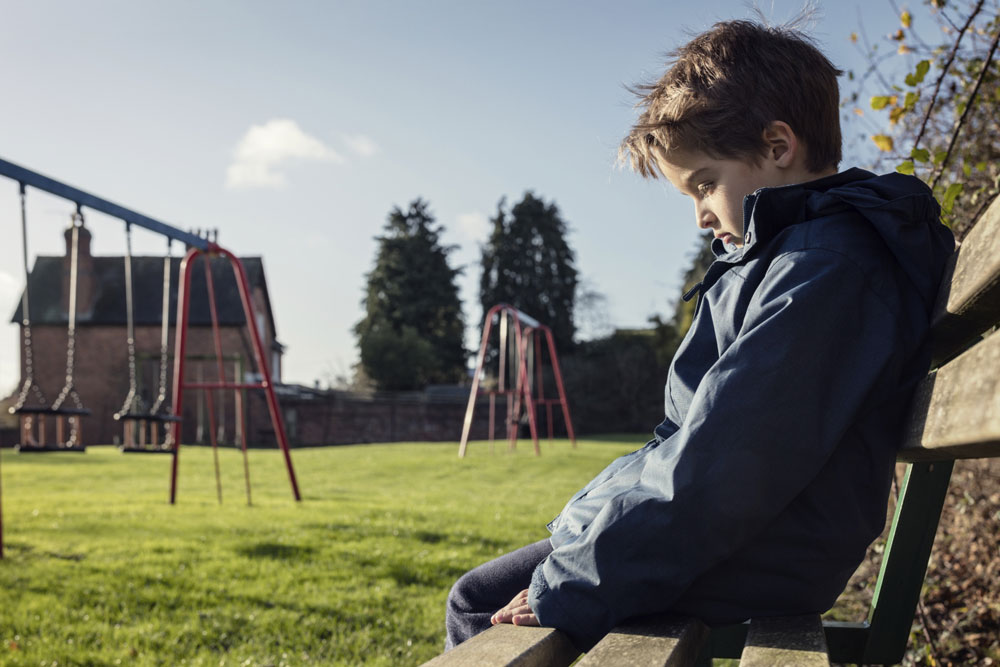If your child has a fever of 104, you know it’s time to take him or her to the doctor. But how do you know if it’s time to take your child to a therapist?
Most children and teens will experience anger, anxiety and sadness at times. It’s part of growing up. They might have a fight with a friend, or be struggling with a subject at school, or question whether they fit in with their peers. Hormonal changes can also create moodiness and irritability. And bullying can also be a factor.
So, while it’s typical for your youngster to have times of struggle and rebellion, how is a parent to know whether it’s time to seek out professional help?
“Children at different developmental stages express their feelings differently than adults,” says Regina Barros-Rivera, Associate Executive Director at North Shore Child & Family Guidance Center. “Sadness may be displayed by aggression, agitation or moodiness. A child may withdraw, increase sleep or be unable to sleep, or have a poor appetite.”
Changes in behavior surrounding school are another important factor. “It could involve a change in attitude about school work, inconsistency with getting up on time or, even more critical, school refusal,” says Barros-Rivera.
According to the National Association of School Psychologists, each year approximately 2%–5% of children refuse to go to school due to anxiety or depression. School refusal could be a sign of social anxiety, says Barros-Rivera, or it could indicate an increase in difficulty handling more academic demands. Bullying may be a factor. School refusal can also represent the onset of depression.
Here are some warning signs that your child may need professional help:
Does your child or teen…
- Often express feeling anxious or worried
- Seem moody or irritable much of the time
- Get angry and argue frequently
- Have difficulty making/keeping friends
- Have no interest in things they used to enjoy
- Say they’re sick often but with no physical cause
- Lie consistently
- Use drugs or alcohol
- Have little energy
- Have periods of intense, excessive activity
- Self-harm (cutting, burning, pulling hair)
- Harm others or express the desire to harm others
- Engage in risky, destructive behavior
- Express suicidal thoughts
- See or hear things others do not
Once you’ve determined that it’s time to call a therapist, how do you find the right one for your child? One place to start is by asking for references from your child’s school guidance counselor. Also, if you have friends who have used a therapist for their child, ask for their recommendations. Make sure the therapist or agency has specific experience dealing with young people.
Help is available! Call North Shore Child & Family Guidance Center at (516) 626-1971 for more information.
Sources: www.nasponline.org
















